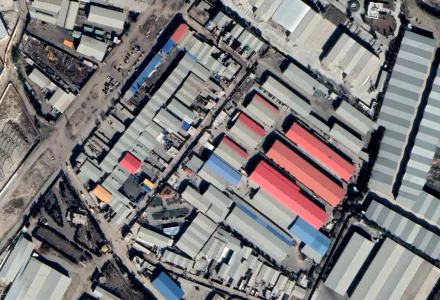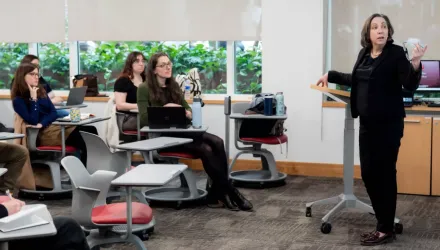
In mid-January, a team of scholars from the Belfer Center’s Intelligence and Managing the Atom Projects traveled to Tel Aviv, Israel to examine samples of, and receive briefings on, an archive of documents related to Iran’s nuclear weapons program. The large cache includes some 55,000 pages of documents and a further 55,000 files on CDs that included photos and videos. A clandestine Israeli intelligence operation spirited the materials out of Iran in early 2018.
The documents that the Belfer group were shown confirm that senior Iranian officials had decided in the late 1990s to actually manufacture nuclear weapons and carry out an underground nuclear test; that Iran’s program to do so made more technical progress than had previously been understood; and that Iran had help from quite a number of foreign scientists, and access to several foreign nuclear weapon designs. The archive also leaves open a wide range of questions, including what plan, if any, Iran has had with respect to nuclear weapons in the nearly 16 years since Iran’s government ordered a halt to most of the program in late 2003.
This brief report summarizes the group’s conclusions about what the archive reveals about Iran’s program and questions that remain open.
Statements and views expressed in this report are solely those of the authors and do not imply endorsement by Harvard University, the Harvard Kennedy School, or the Belfer Center for Science and International Affairs.
Aaron Arnold, Matthew Bunn, Caitlin Chase, Steven E. Miller, Rolf Mowatt-Larssen, and William H. Tobey, The Iran Nuclear Archive: Impressions and Implications (Cambridge, Mass: Belfer Center for Science and International Affairs, Harvard Kennedy School, April 2019).















